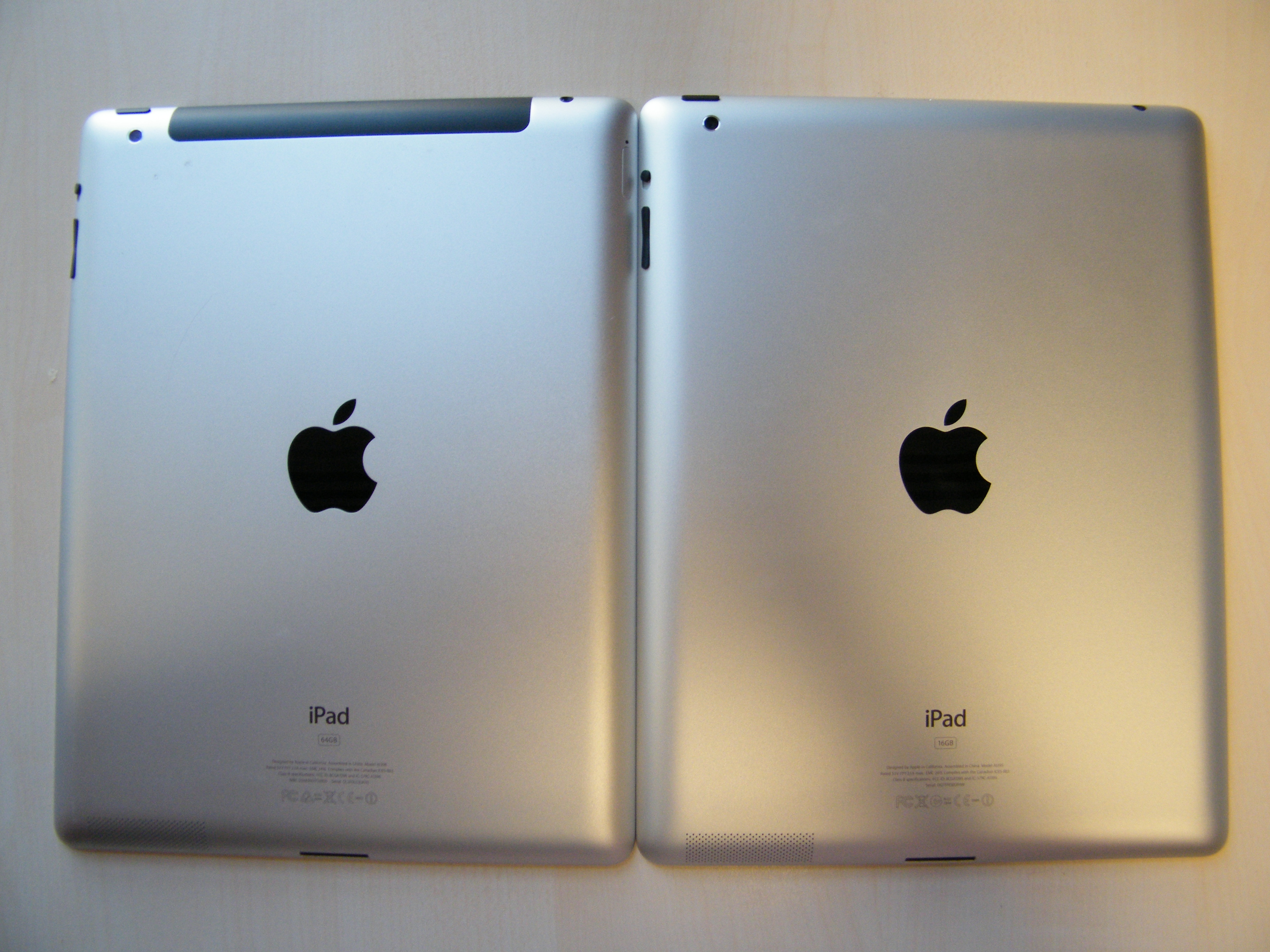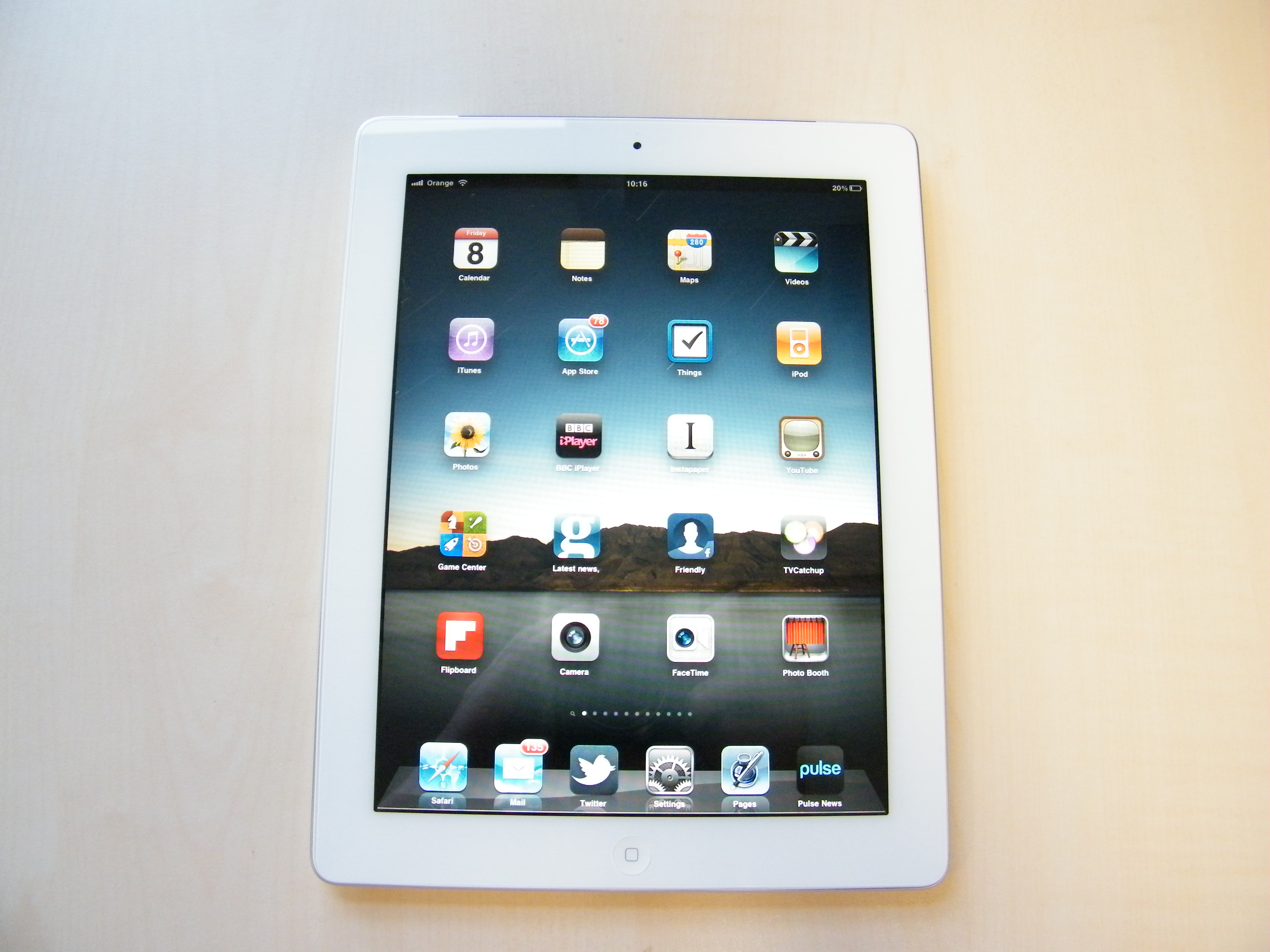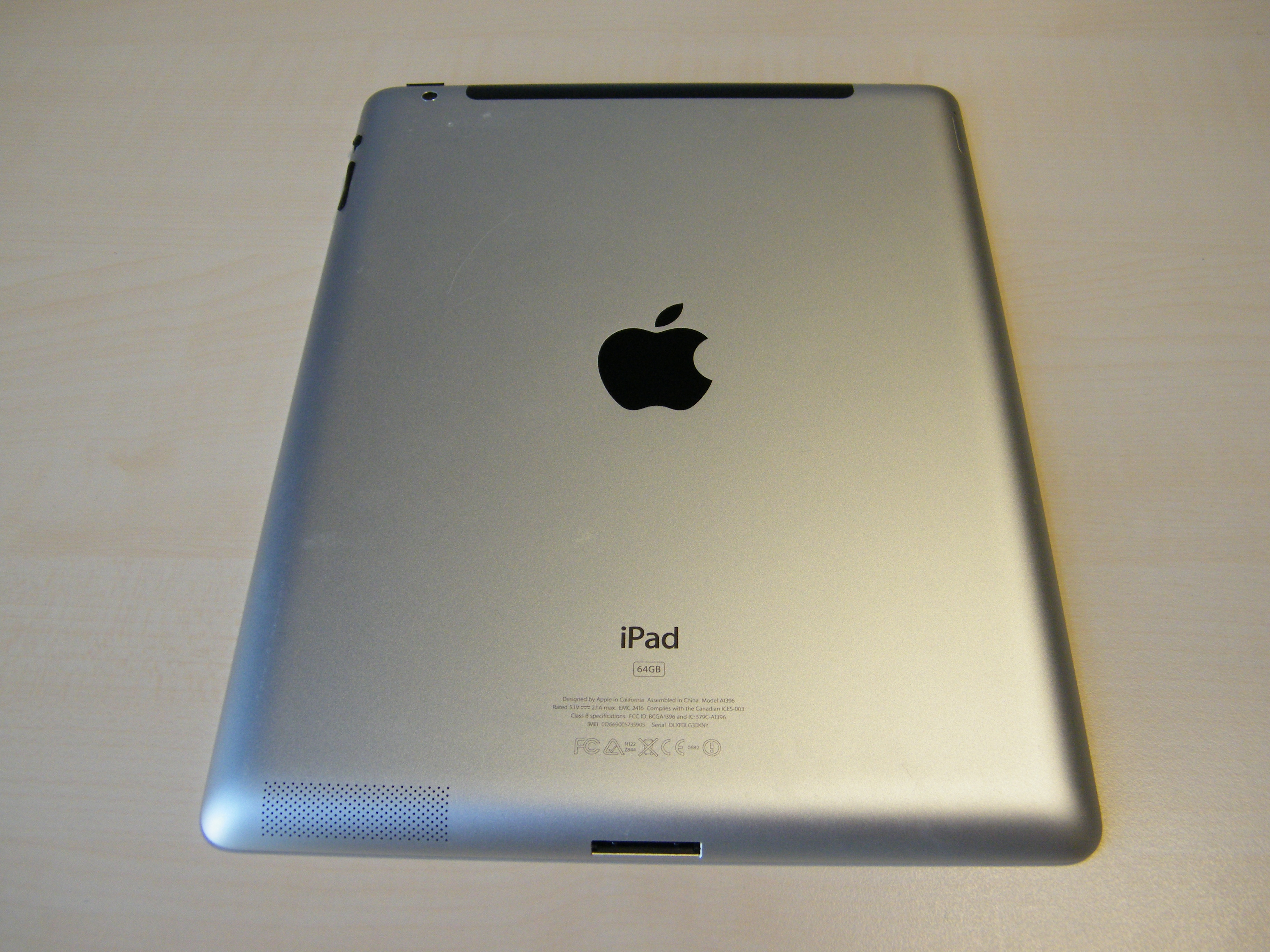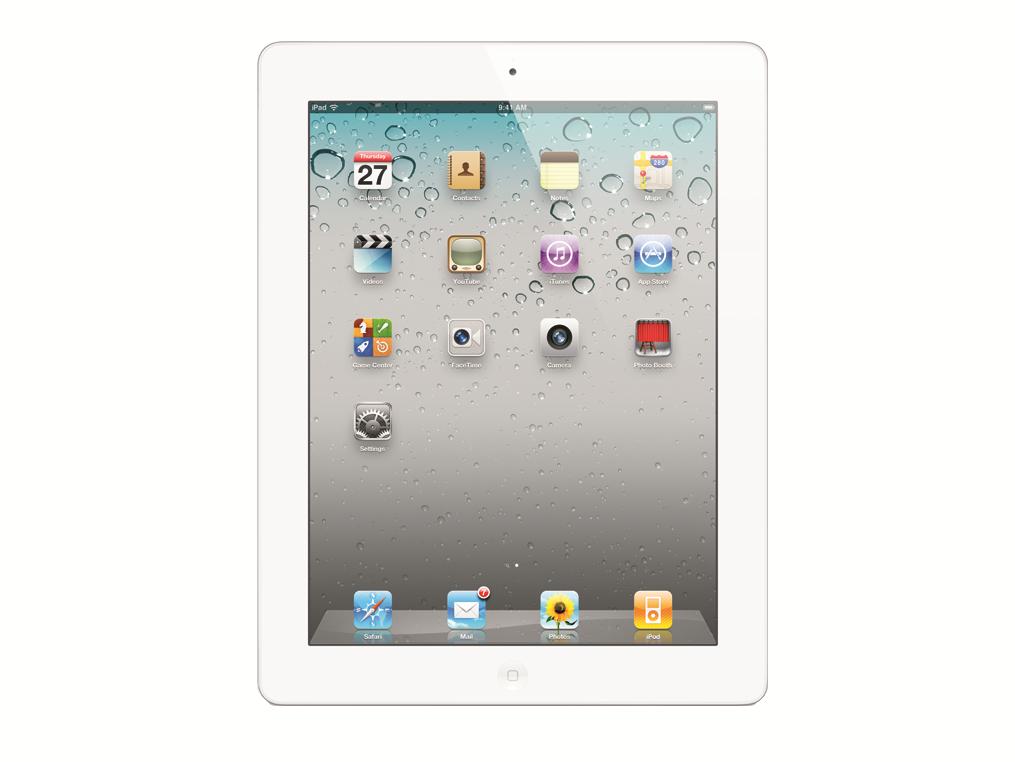TechRadar Verdict
Pros
- +
Fantastic design
- +
Better ergonomics
- +
Good battery life
- +
iOS 4.3 brings improvements
- +
Facetime chats
- +
Smudge-resistant screen
Cons
- -
Where's the innovation?
- -
No retina screen
- -
Still no Flash
- -
Negligable performance boost
Why you can trust TechRadar
Update: Check our our new iPad 3 review
TechRadar has already reviewed Apple's new slimmer, sexier non-3G iPad 2.
In short, it's a keeper, but Apple also makes a more expensive 3G version and it's worth considering what it brings to the table before you make your purchase.
So, with a shiny new 64GB 3G model in our mits, TechRadar set about seeing how 3G can change the way you use an iPad.
You can check out TechRadar's iPad 2 review video below:
Visually the only thing to separate a 3G iPad 2 from the Wi-Fi-only version is the sleek black bar visible along the top of the device.
It spoils the minimalist Apple aesthetic, but only slightly since you can hardly see it from the front of the iPad.

In all other respects it looks exactly the same, it's only 12g heavier and has the same processor, cameras and memory configurations (16GB, 32GB and 64GB), and even comes in the same colours and has the same battery life.
Yet for including a 3G chip (which provides a wireless data connection to the Internet wherever you can get a 3G signal) Apple whacks another £100 onto the price of the basic Wi-Fi model; so a 16GB 3G iPad costs you £499, instead of £399, a 32GB model costs you £579 and a 64GB model will set you back a whopping £659, making it the most expensive iPad on the Apple Store.
- See iPad 2 3G (32Gb) deals
- See iPad 2 3G (64Gb) deals
- Buy the iPad 2 16GB 3G from Amazon
- Buy the iPad 2 32GB 3G from Amazon

Since in all other respects the Wi-Fi and 3G models are exactly the same this won't be a stand-alone review of the iPad as a whole, like we said, we've done that already in our original iPad 2 review. Instead we'll focus here on the 3G aspect of the device, and help you decide if it justifies the extra expense.
After all, there are other, cheaper, if less convenient ways of getting a 3G data connection when you're out and about, which we'll go into later.
Of course, paying an extra £100 upfront for the device is only the beginning of your financial ruin. Once you start considering a 3G iPad you need to factor in the costs of your data plan into your overall cost of ownership.

Although, depending on how tied-down you like to be, and how much data you use, your data plan could end up saving you money, provided you sign up for a fixed term contract. Orange, for example, will sell you a 16GB iPad 2 Wi-Fi + 3G discounted to £199 if you sign up for a two year contract at £25 a month, and all the major providers like Vodafone, Three, T-Mobile and O2 offer similar discounted deals.
Of course, if you don't plan on using an awful lot of data a short term daily or weekly plan will probably be the most economical in the long run. That way you only pay for the times when you will be traveling with your iPad and need to use the 3G network.
Both Orange and O2 offer daily plans for 200MB of data per day (which doesn't sound a lot, but is more than sufficient for most people) at around £2 a pop, while Three offers a very competitive 1GB a month for £7.50.
Of course, what you should really do is go for the provider that has the best coverage in your area - there's no sense in saving money on a data plan if you can't get a connection where you live anyway. If you'd like to see how the plans compare, Apple has a useful comparison of short term contracts on its website.
For more info on tariffs, check out our best iPad 2 data plans page.
Remember, iPad 2s are sold unlocked from the Apple Store, so you can choose any 3G provider you like.

Graham is the Senior Editor for AI at TechRadar. With over 25 years of experience in both online and print journalism, Graham has worked for various market-leading tech brands including Computeractive, PC Pro, iMore, MacFormat, Mac|Life, Maximum PC, and more. He specializes in reporting on everything to do with AI and has appeared on BBC TV shows like BBC One Breakfast and on Radio 4 commenting on the latest trends in tech. Graham has an honors degree in Computer Science and spends his spare time podcasting and blogging.
